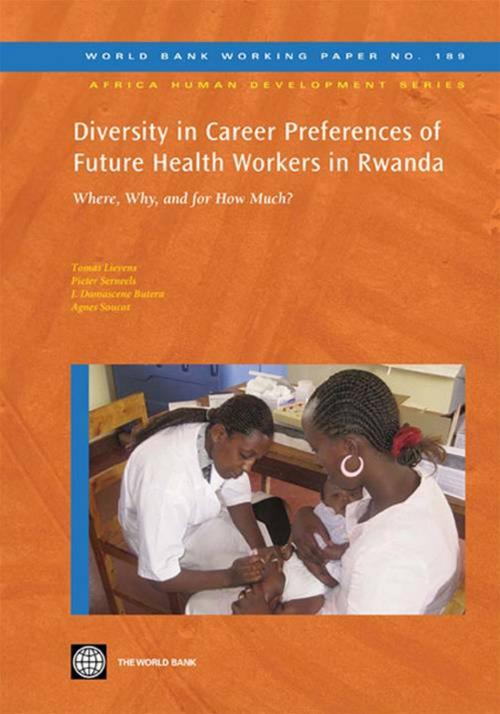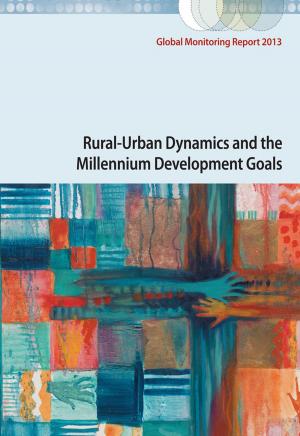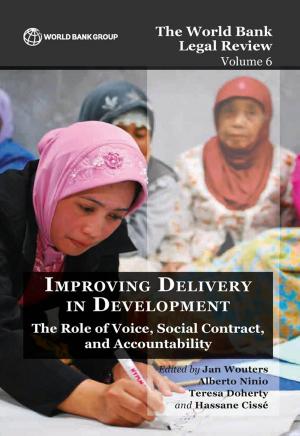Diversity In Career Preferences Of Future Health Workers In Rwanda: Where, Why, And For How Much?
Nonfiction, Health & Well Being, Medical, Reference, Health Policy| Author: | Lievens Tomas; Serneels Pieter; Butera Jean Damascene; Soucat Agnes | ISBN: | 9780821383391 |
| Publisher: | World Bank | Publication: | April 14, 2010 |
| Imprint: | Language: | English |
| Author: | Lievens Tomas; Serneels Pieter; Butera Jean Damascene; Soucat Agnes |
| ISBN: | 9780821383391 |
| Publisher: | World Bank |
| Publication: | April 14, 2010 |
| Imprint: | |
| Language: | English |
Human resources for health are a priority to improve health outcomes in Africa. In order to strengthen policies based on evidence, a better understanding is needed of health worker choice and behaviour. This book tries to help fill that gap. Relying on unique survey data, it analyses the career preferences of future health workers in Rwanda, focusing on their sector preference, their willingness to work in a rural area, likelihood to migrate abroad, and readiness to work in a high HIV prevalence environment.The findings show that health workers are not as uniform as is often thought, and can have very different preferences. Their reservation wages for different job types cover a wide range, and there are substantial differences in intrinsic motivation and attitudes to risk. But there are also communalities among these future health workers. While the public sector remains the biggest employer in Rwanda it is not the most popular one; and the vast majority is happy to start their career in a rural setting. The results also show the importance of intrinsic motivation, which is associated with a number of career preferences and expectations like the preference for rural service, expectations about income and the preference for dual practice.Governments in Africa have identified human resources for health as a policy priority. To improve policies, this book provides evidence on health workers' choice and behaviour. Why, where and for how much will be a valuable resource for government officials in Rwanda and beyond to design effective human resource policies.
Human resources for health are a priority to improve health outcomes in Africa. In order to strengthen policies based on evidence, a better understanding is needed of health worker choice and behaviour. This book tries to help fill that gap. Relying on unique survey data, it analyses the career preferences of future health workers in Rwanda, focusing on their sector preference, their willingness to work in a rural area, likelihood to migrate abroad, and readiness to work in a high HIV prevalence environment.The findings show that health workers are not as uniform as is often thought, and can have very different preferences. Their reservation wages for different job types cover a wide range, and there are substantial differences in intrinsic motivation and attitudes to risk. But there are also communalities among these future health workers. While the public sector remains the biggest employer in Rwanda it is not the most popular one; and the vast majority is happy to start their career in a rural setting. The results also show the importance of intrinsic motivation, which is associated with a number of career preferences and expectations like the preference for rural service, expectations about income and the preference for dual practice.Governments in Africa have identified human resources for health as a policy priority. To improve policies, this book provides evidence on health workers' choice and behaviour. Why, where and for how much will be a valuable resource for government officials in Rwanda and beyond to design effective human resource policies.















